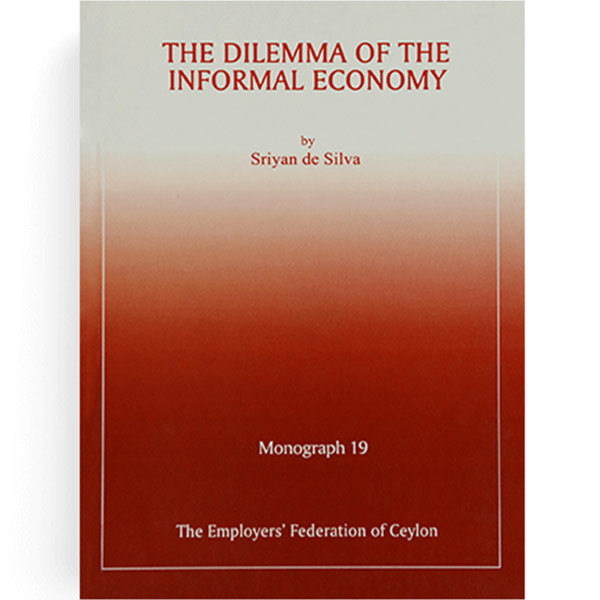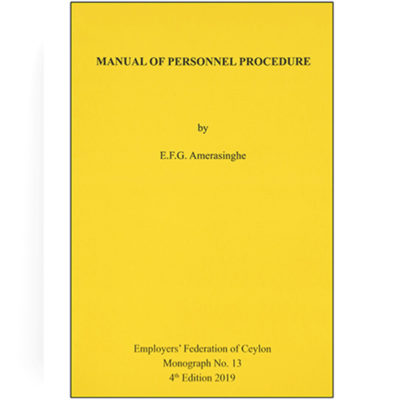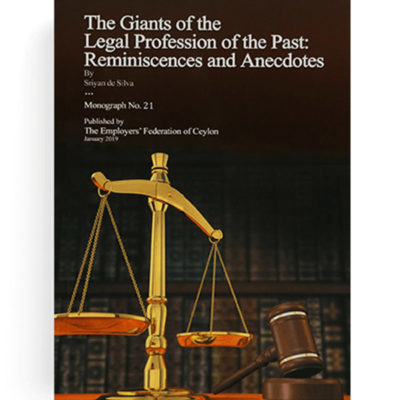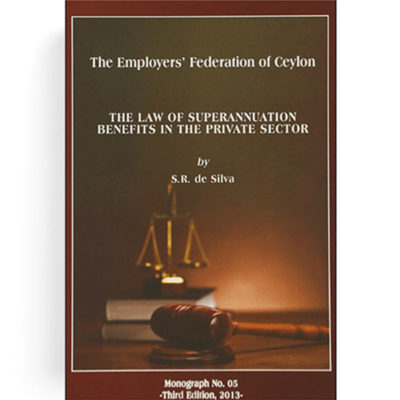Description :
This Monograph discusses the issues relating to and arising from the informal economy from a global perspective. It is necessary that an enabling environment is made available in order that individuals in the informal economy can could choose whether they should or should not enter the formal economy. In doing so, we need to address the problems faced by those working in this economy, so that they would be in a position to make the choice.
Content :
PART ONE INSTITUTIONAL THEORY OF DEVELOPMENTChapter 1: Institutional Requirements for Reducing Poverty and Promoting Socio-Economic Development
- Introduction and Scope
- Economic Approaches
- The Institutional Approach
- Growth under Extractive Conditions
- The Creation of Inclusive Institutions
- Introduction
- The Rule of Law: Its Importance, Meaning and Content
- An Independent and Free Media
- Educational Institutions
- Health Care Institutions
- Economic and Related Institutions
Chapter 4: Facilitative Institutions, Transaction Costs, Regulatory Framework and Credit Market Failure
- Facilitative Institutions
- Transaction Costs as a Barrier to Business Development
- Regulatory Framework
- Credit Market Failure
- Private Property Rights and Capital
- Criticisms of De Soto and a Defence
- Common Pool Resources and Property
- An Alternative Paradigm Combining De Soto’s Concept of Private Property Rights and
Chapter 6: Employment, Jobs and Informal Economy
Chapter 7: A Facilitative Legal System Legal Empowerment and the Business Environment
- The Absence of a Facilitative Legal System
- Legal Empowerment
- The Business Environment
- The International Labour Organization
- Labour Laws and Standards and Social Protection
- Problems of Definition Relative to the Application of Labour Laws
- Proposed International Labour Standard on the Informal Economy
- From Whose Perspectives Should Formalization be Viewed?
- A Combination of Theories and Views to explain the Existence of the Informal Economy
- Positive Aspects of the Informal Economy
- Consequences of Informality
- Do Informals Move to the Formal Economy?
- Contribution of Entrepreneurs through Informal and Related Activities in Transition and Other Economies
-
- Formalization and the Rural Informal Economy
- Self-Employment and Household Enterprises
- Should the Informal Economy be Formalized?
- Costs of Moving from the Informal to the Formal Economy and a Summary of Barriers to Formalization
- External Pressures to Formalize the Informal Economy through the Extension of Labour Laws and Rights
Chapter 11: Failed Development Policies
Chapter 12: Employers’ Organizations and the Informal Economy
PART THREE STRATEGIES AND REMEDIES
Chapter 13: Summary, Conclusions, Strategies and Remedies
- Perspectives of Different Stakeholders on the Informal Economy
- Summary and Conclusions
- Strategies and Remedies
- Some Thoughts in Conclusion







Reviews
There are no reviews yet.